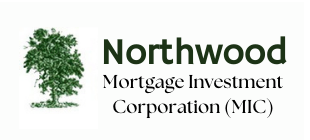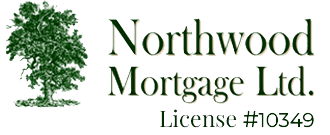If you find yourself in a financial emergency and need a loan fast, one option is to cash in on the equity you’ve built up in your home. You can do that by getting a second mortgage.
What is a second mortgage?
A second mortgage is one of various mortgage products available. It is one that uses your house as collateral. You’ll still make payments on the primary mortgage as well as the second mortgage. However, a second mortgage allows you to use the equity in your home to your advantage.
Types of Second Mortgages
There are different types of second mortgages that you can get, such as:
-
Lump sum – You can get your mortgage cash in a lump sum, which you can then use to pay for whatever it is you want or need. The loan is paid off slowly through monthly payments.
-
Line of credit – Some second mortgages are offered as lines of credit rather than lump sums. With a line of credit, you can draw on the loan when you need it. Repayment works like a credit card, where you pay it back over time.
-
Rate choices – You might be able to get different rates depending on the mortgage products your lender offers. With a fixed rate mortgage, the interest rate you pay stays the same through the term of the loan. A variable rate fluctuates as the market value changes.
Pros of a Second Mortgage
Second mortgages are best used as a short-term financial solution. It can come in handy if you are looking for some extra cash to cover a renovation project, consolidate your debt or pay for education costs. Here are some of the benefits of having a second mortgage:
-
Borrow a large amount of money
-
Lower interest rate when compared to other loans
-
Some tax benefits
Cons of a Second Mortgage
While there are some advantages of taking out a second mortgage, there are also some drawbacks, such as:
-
Higher interest rates than other mortgage products
-
Large fees and penalties if you miss a payment
-
More expensive mortgage product
How to Qualify for Second Mortgages
Lenders often see second mortgages as riskier than other loans. This is why you’ll need to be sure you have a strong application, including:
Income – You’ll need to provide proof of income, such as pay stubs or bank statements. The more reliable your income, the more likely you’ll be approved.
Credit score – The stronger your credit rating, the less of a risk you’ll appear to be for lenders. You’ll want to know what your score is before you apply.
Equity – A lender will want to see how much equity you’ve built up in your property. The more equity you have, the better your chances of qualifying for a second mortgage.
Property value – You will need to show how much your property is worth. It provides some assurance for lenders that they will get their money back if you default on your loan.
If you are interested in learning more about mortgage solutions in Ontario, call Northwood Mortgage™ at 888-495-4825 or contact us here.






































